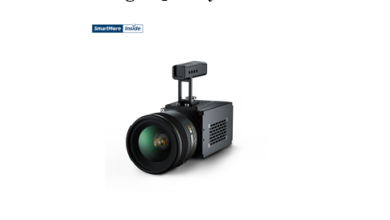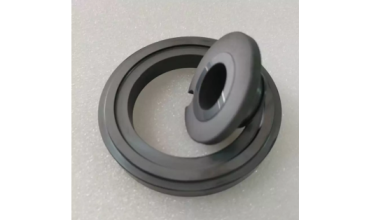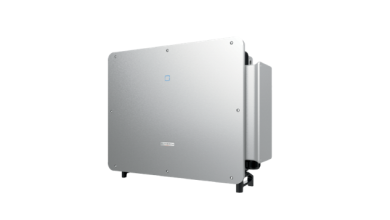The Basics of the MERV Rating

The MERV rating stands for Minimum Efficiency Reporting Values. It is the ability of a filter or device to capture particles of different sizes (from 0.3 to 10 microns (um)). Using MERV rating allows you to compare and understand the performance of different filters.
To help you buy air filters, the American Society of Heating has developed the ratings, Refrigerating and Air Conditioning Engineers (ASHRAE). The industry standard, MERV, is used regardless of the model you have chosen.
The MERV air filter
The MERV filter is among the 20-scale ratings of the MERV chart. It is located at the 13th place as the number signals, and is often considered a viable choice for most homes and commercial establishments.
Some of the MERV 13 applications for air filters include homes that filter particulates or viruses, superior commercial buildings and general surgery.
This rating allows for particles as small as 0.3 microns to be caught by filters. These particles may not pass through:
- Mold/spores
- Dust lint
- Coal dust
- Tobacco smoke
- Bacteria
- Auto fumes
- Cement dust
- Lead dust
- Sanding dust
- Dust mites
- Carpet fibers
- Face powder
- Copier toner
- Insecticide dust
- Sneeze nuclei
- Pet dander
The 20x20x1 filter MERV13 could work in your favor, especially when it comes to energy efficiency. The filter works without putting unnecessary strain on your energy bills. A filter with a high rating can increase your energy bills without proving to be worth the investment. An average filter that produces decent energy use is between 8 and 13. Although HVAC systems might come pre-installed in MERV 8, most people will change them to MERV 13, if they need effective filtration.
A higher rating is always better.
You may think that a higher rating means better when you are choosing a filter for your commercial space. This is false. Manufacturers advise against using a higher MERV rating than you actually need. This could lead to a decrease in the product’s performance.
High-rated filters have pores that are smaller and resist airflow. This resistance can cause poor HVAC system performance, reduced air quality, and increased strain on the fan.
To choose the best air filter for your needs, you need to fully understand them. The MERV13 filter is suitable for most people’s filtration requirements.
How does MERV rating impact air quality
Your indoor air quality directly depends on the filter’s MERV rating. If outdoor air contains high levels of particles, they can reach indoors. A filter rating of MERV13 can trap most particles and maintain indoor air quality. The result is better health for the occupants.
Weather conditions, such as rainfall, temperature, and sunlight, directly impact agricultural activities. Farmers rely on favorable weather patterns for crop growth, while extreme weather events like droughts or floods can have devastating effects on crops.
Last word
MERV-rated filters decrease the amount of airborne particles in your living space. If these particles are allowed to circulate through your HVAC system, they can spread diseases.



